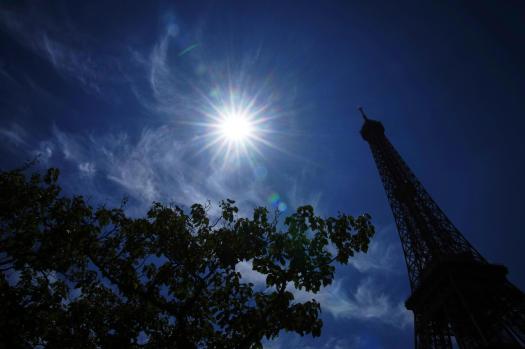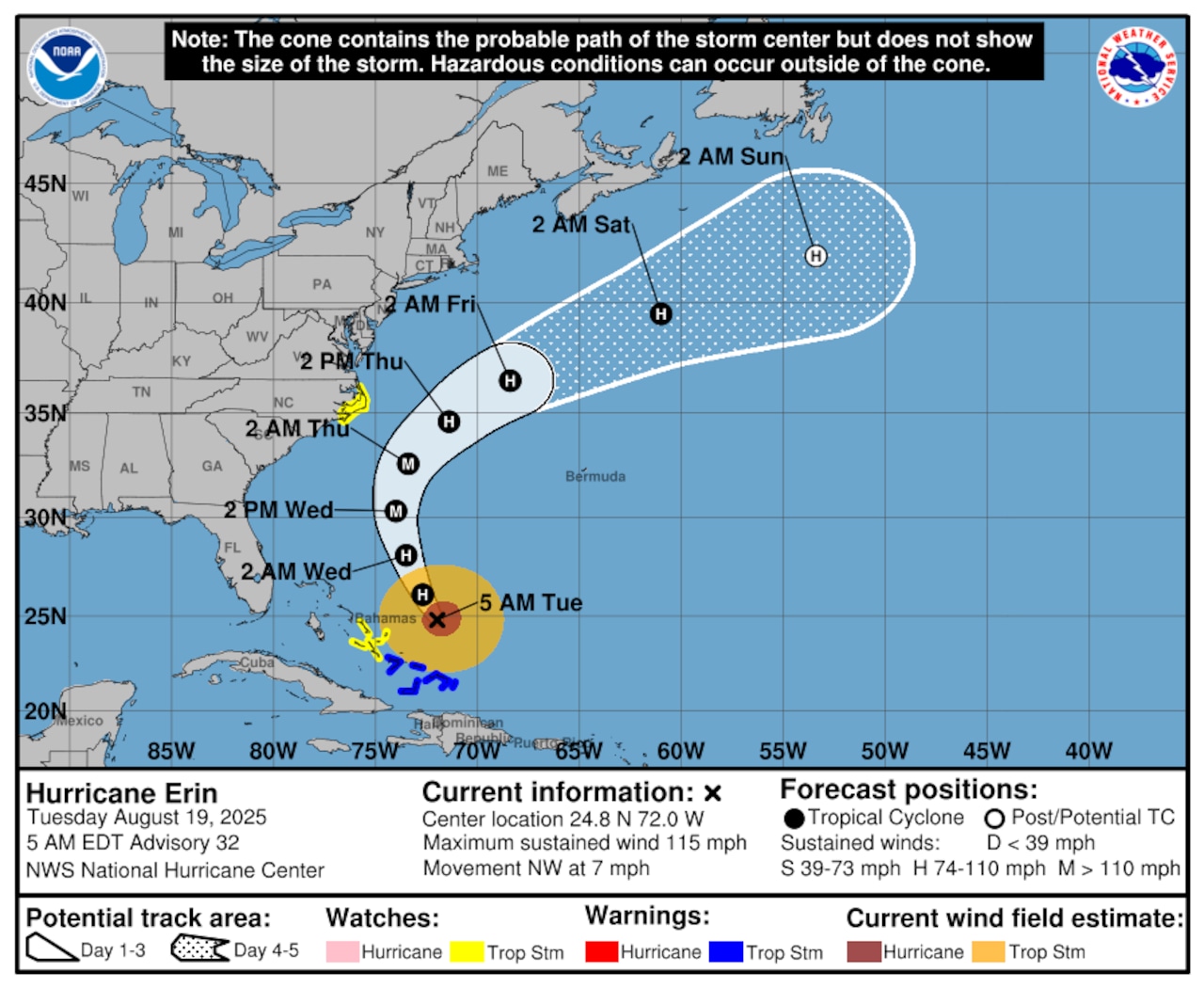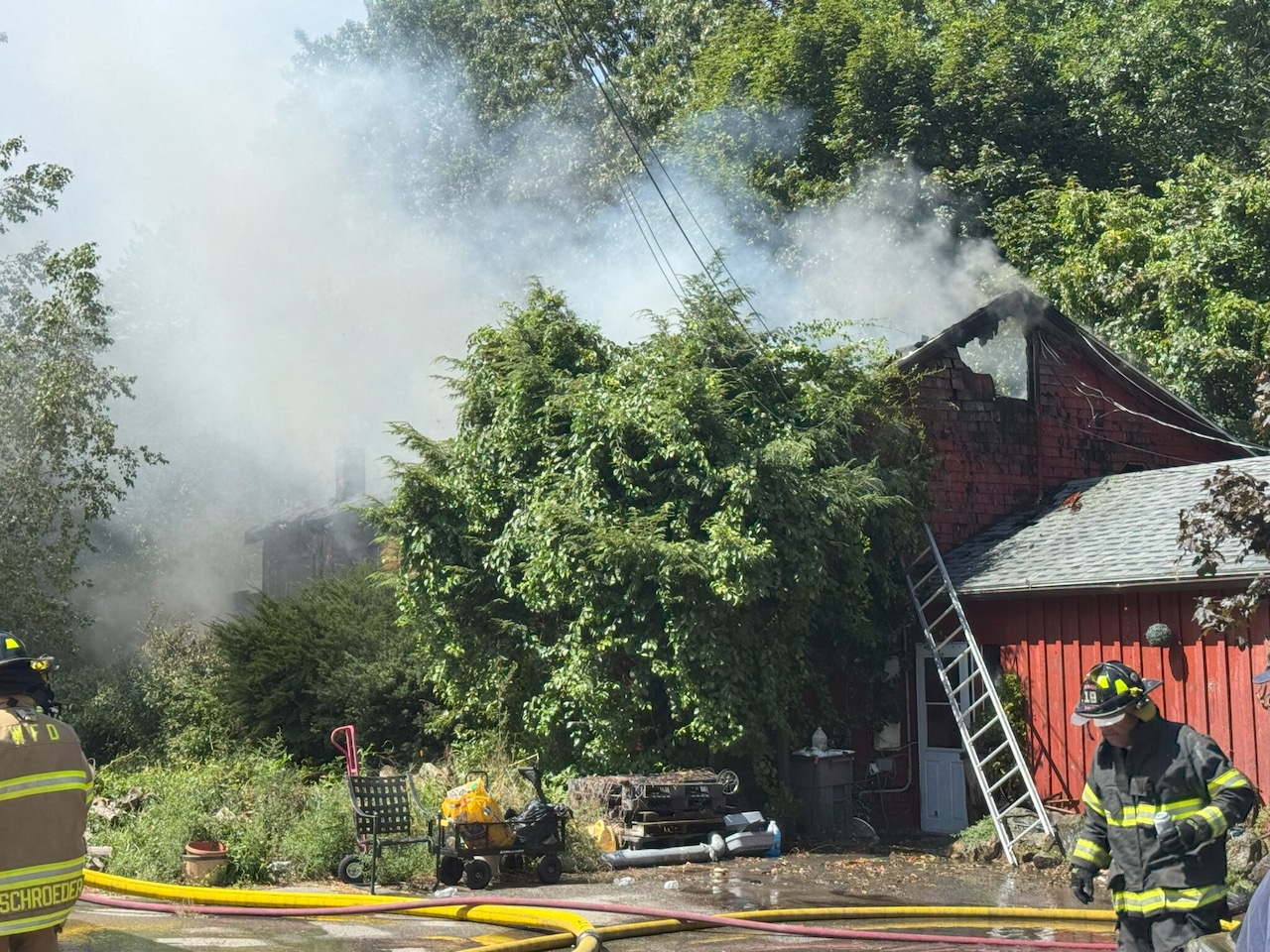By Joseph Wilson and Samuel Petrequin
Paris (AP) Europe erupted in its first significant heat wave of the summer on Tuesday, with Barcelona recording its hottest June in more than a century, the iconic Eiffel Tower in Paris shuttered to tourists, and hundreds of French schools closed.
Several European nations continued to issue health warnings. As scorching temperatures were predicted to reach 40 degrees Celsius (104 degrees Fahrenheit) in Paris and to remain abnormally high in Belgium and the Netherlands, the worst was experienced in southern Europe.
With June temperatures more akin to July and August, the unusually hot weather is putting millions of Europeans at risk for severe heat stress, according to Samantha Burgess of the European Center for Medium-Range Weather Forecasts. According to the report, this June is probably going to rank in the top five hottest on record.
The average temperature for the past month was 26 C (78 F), according to Barcelona’s Fabra Observatory, setting a record since records began to be kept in 1914. In 2003, the highest average temperature for June was 25.6 C. According to the same weather station, Monday had a June single-day high of 37.9 degrees Celsius (100 degrees Fahrenheit).
Barcelona’s location in the northeastern region of Spain, between hills and the Mediterranean, usually protects it from the worst heat in the country. However, the intense heat has engulfed the majority of the nation.
Ram iro Pascual, a representative for Spain’s weather service in Barcelona, told The Associated Press on Tuesday that the reason for these temperatures is that we are going through a very strong heat wave that arrived early in the summer and is unmistakably related to global warming.
Related Articles
-
Hurricane Flossie could become a major hurricane off the Pacific coast of Mexico
-
Royal train will end 156 years of service as King Charles III seeks to economize
-
International charities and NGOs call for end to controversial Israeli-backed aid group in Gaza
-
Iran assesses the damage and lashes out after Israeli and US strikes damage its nuclear sites
-
Today in History: July 1, Judge Clarence Thomas nominated to the Supreme Court
Pascual went on to say that the rising sea temperatures are not helping the people of the Mediterranean region since they significantly lessen the cooling effects of a nearby body of water. Recent Mediterranean surface temperatures near the Balearic Islands have been 5–6 degrees Celsius warmer than usual, according to Spain’s weather agency.
“It is hard for our nights to be refreshing because the water surface temperatures range from 26-30 Celsius (78-86 F),” he remarked.
At 23.6 degrees Celsius (74 degrees Fahrenheit), Spain’s June national average was 0.8 degrees Celsius warmer than the country’s previous hottest June in 2017. Additionally, it was the first time that June’s temperatures exceeded those of July and August on average.
The southern region of Huelva registered 46 degrees Celsius (114 degrees Fahrenheit) on Saturday, setting a new high for June in Spain.
With temperatures in Madrid expected to hit 39 degrees Celsius (102 degrees Fahrenheit), the streets in Spain’s capital were also blazing. People sought to stay cool by staying in the shade and drinking chilled beverages. However, there was little respite from the sweltering nights.
Yesterday wasn’t any better, but today is very awful. Miguel Sopera, sixty-three, stated, “So we’re just surviving.” It’s impossible at night because of the unbearable heat.
Several districts in France were placed under the highest red alert by the country’s national weather office, M t o-France, with the Paris region being particularly severely affected. The nation saw the partial or complete closure of almost 1,300 schools.
The peak of the city’s iconic Eiffel Tower was closed until Thursday, so those without tickets were advised to reschedule their visits. The shutdown, according to the operators, was necessary to guarantee everyone’s safety and comfort.
Future summers will probably be hotter than those that have been observed so far, according to climate experts. France may experience annual temperatures above 40 degrees Celsius and extreme heat surges of up to 50 degrees Celsius (122 degrees Fahrenheit) by 2100, an increase of up to 4 degrees Celsius (39 degrees Fahrenheit).
According to the health ministry, a heat wave was affecting 17 of Italy’s 27 largest cities further south.
Parts of Bardonecchia near Turin were coated in sludge when the Frejus river overflowed its banks due to Monday’s intense rains in northern Italy.
One of the cities under a heat alert is close to Bologna. While repaving a school parking lot on Tuesday, the 46-year-old owner of a construction company passed away, according to state-run RAI. Heat was suspected, but the cause was being investigated by autopsy.
First responders in the Dutch town of Soest reported that they were bringing a firehose to a water gun fight that was taking place early in the evening.
You will definitely be soaked, so bring your water pistol and some swimwear! “In an Instagram post,” the firefighters stated.
The highest temperature ever recorded in mainland Portugal for the month of June was 46.6 degrees Celsius (115 degrees Fahrenheit) on June 29 in the town of Mora, west of Lisbon, according to a statement released by the Portuguese weather service Monday night. In 2017, 44.9 degrees Celsius (112 degrees Fahrenheit) set the previous record.
For the third day in a row, firefighters in Turkey have been attempting to suppress wildfires that have forced the evacuation of about 50,000 homes.
Large areas of the Czech Republic, including the capital, were predicted to see temperatures as high as 37 degrees Celsius (98.6 degrees Fahrenheit) by Wednesday.
Every day, the Prague zoo spread up to 10 metric tons of ice throughout the park, paying particular attention to the Arctic-native polar bears.
Aleut and Gregor, twin brother bears, appeared happy to discover portions of their outdoor habitat covered in a thick layer of ice on Tuesday morning, according to zoo director Miroslav Bobek. They found frozen bits of squid after rolling onto their backs.
Wilson reported from Spain’s Barcelona. This report was written by Associated Press writers David Biller in Rome, Karel Janicek in Prague, Iain Sullivan in Madrid, Mike Corder in the Netherlands, Suzan Fraser in Ankara, Turkey, Jill Lawless in London, and Barry Hatton in Lisbon, Portugal.







